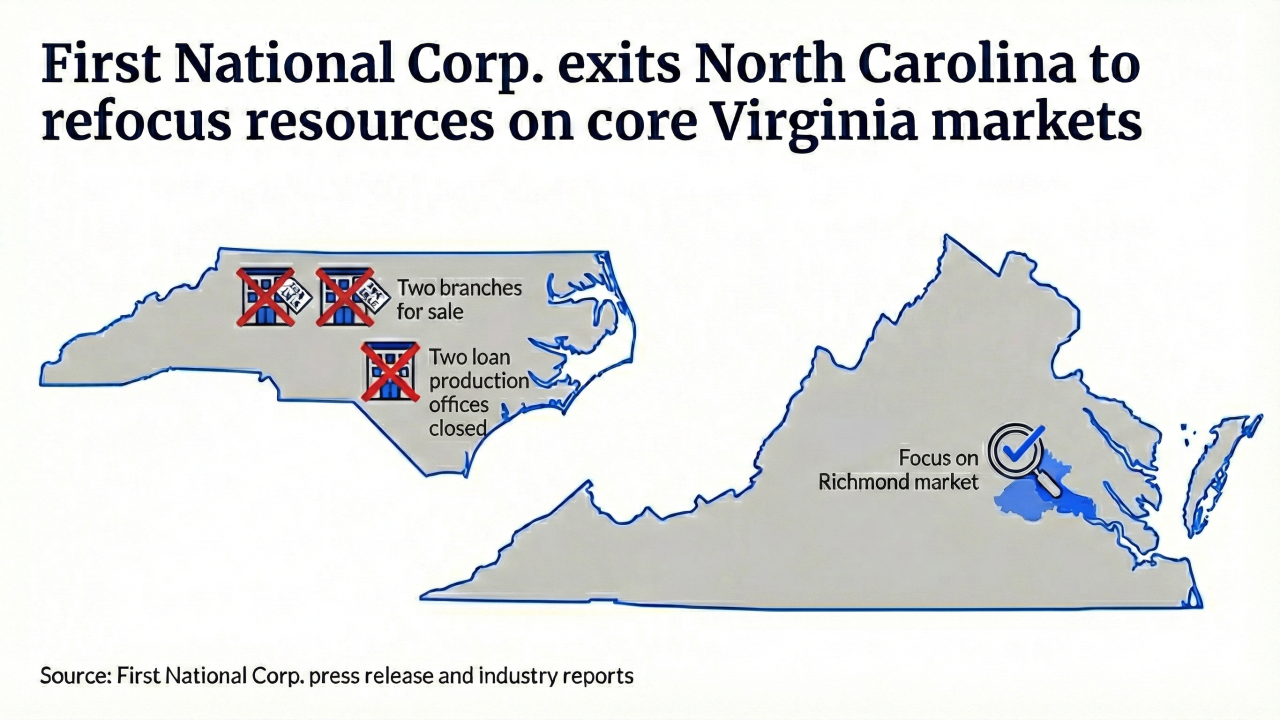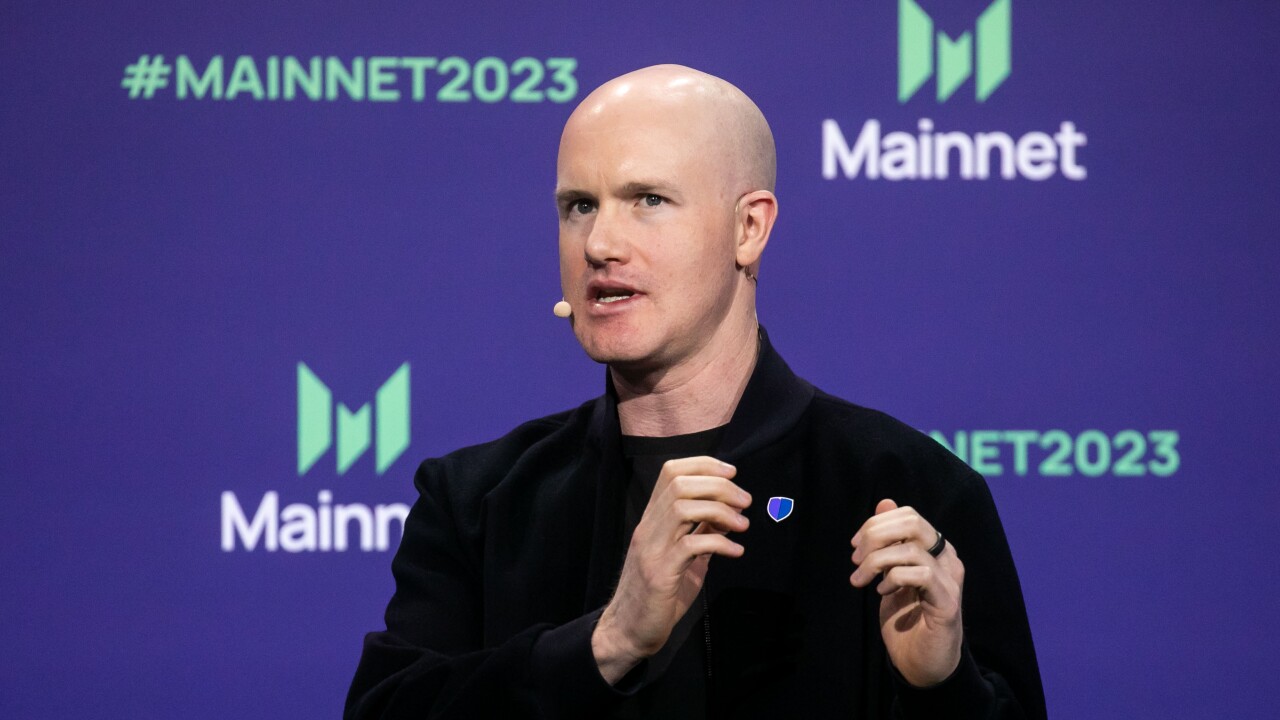With the contours of a long-awaited agreement on financial modernization now in place, the financial services industry's equivalent of the Berlin Wall may be just weeks away from a bulldozing.
Processing Content
As early as today, congressional staff will begin circulating a bill that reflects the crucial Community Reinvestment Act compromise reached in the wee hours Friday morning by the White House and senior lawmakers, as well as prior agreements on unitary thrifts, operating subsidiaries, and privacy protections.
If a majority of the 66 House and Senate conferees sign the bill in the next week or so, the legislation will be sent to the full House and Senate for approval. The final stop for enactment of what has been officially dubbed the "Gramm-Leach Act" would be President Clinton's desk.
Industry lobbyists were buoyant as the biggest financial reform package in decades finally appeared within reach.
"If (Sen.) Phil Gramm is happy and (Rep.) Jim Leach is happy and the White House/Treasury is happy, it's hard to imagine that there is going to be any problem getting a majority of the conferees to sign the bill," said John Hanley, a lobbyist for the Independent Community Bankers of America.
"This thing is basically a done deal," said American Bankers Association lobbyist Edward Yingling, who earlier in the week described himself as "miserable." "We would expect it to be on the President's desk inside two weeks." Both organizations strongly endorse the legislation.
Crucial to the agreement were a series of last-minute concessions by Republicans, most notably Sen. Gramm, the Texas Republican and Senate Banking Committee chairman. The concessions were sufficient to bring several House and Senate Democrats aboard, including Sen. Charles Schumer of New York.
An exhausted but ebullient Rep. Jim Leach, chairman of the House Banking Committee and of the conference panel, adjourned the pivotal 12-hour meeting at 2:15 a.m.
The controversy over the 1977 law, which requires regulators to rate banks on their lending to the poor, was the last of several issues resolved by the conference committee convened to reconcile the separate Senate and House versions.
Parties to the CRA agreement -- struck behind closed doors in the House Banking Committee's interior offices as lobbyists and reporters milled about anxiously outside -- said they were reserving final judgment on the bill until they could see the precise legislative language.
"Significant improvements relative to the (bill) were made," said Treasury Secretary Lawrence H. Summers in a handwritten statement issued after the nonbinding voice votes were taken. However, he added, "nothing is done until the language is fully reviewed."
Government lawyers are expected to complete today or Tuesday the process of translating the agreement into a formal bill. After that, copies will be circulated to the conferees, who will likely be given a week or two to decide whether to sign the legislation. During that time they will in all likelihood be lobbied furiously by privacy advocates, CRA supporters, commercial firms seeking to purchase unitary thrifts, and others unhappy with the outcome so far. Signatures from a majority of both Senate and House conferees would be needed to move the bill to the House and Senate floors.
Rep. Leach, R-Iowa, said the bill has a "very decent chance of receiving a clear majority" of the conferees' votes. He could be heard letting loose a hoot of joy after reading Mr. Summers' statement.
"I believe that tonight we have set the foundation to make history," Sen. Gramm said. "We have done something worthy of being remembered."
But Rep. Leach predicted it would be difficult to keep everyone on board, especially House Democrats, several of whom complained bitterly about the behind-closed-doors negotiating process. Rep. Edward Markey, D-Mass., and Rep. John Dingell, D-Mich., engaged in a heated argument with Rep. Leach that ended only when the Iowa Republican angrily slammed his gavel and rose to leave the conference.
"I prefer to conduct the people's business in public," said Rep. Maxine Waters, D-Calif., who boycotted the meeting. "If CRA has been undermined, the President of the United States and the secretary of the Treasury are going to have to deal with the people who put them there."
In an interview, Rep. Leach pointed out that though lobbyists and reporters were not admitted to the negotiations, several community group leaders were allowed to observe.
Because the CRA agreement was largely verbal, detailed information on it was in short supply. But Rep. Leach and House Banking staff provided some tentative details.
Banks or thrifts with an "unsatisfactory" CRA rating would, together with their holding companies, be prohibited from acquiring additional banks, securities firms, or insurance companies until their grades improved. (The vast majority of banks and thrifts -- over 95% - have ratings of "satisfactory" or better.) Wholesale financial institutions -- uninsured banks that could only collect deposits above $100,000 -- would not be subject to CRA requirements. But only freestanding securities or insurance firms could acquire a so-called woofie. Federally insured depository institutions and their holding companies would be prohibited.
Banks and thrifts with assets below $250 million and with "outstanding" CRA scores would be examined for CRA compliance only once every five years. Small institutions with "satisfactory" CRA scores would be examined every four years. "Unsatisfactory" institutions would be examined more frequently. Community groups known to engage in CRA protests against banks would have to publicly report any related grants or loans they received from financial institutions. Those receiving grants above approximately $10,000 or loans above $50,000 would have to report annually what they did with the funds.





